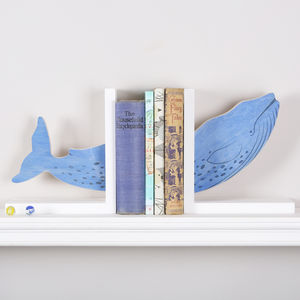In 350BC, Aristotle noted that “our senses can be trusted
but they can be easily fooled”.
Let me start this with a story that I have told many times.
Many years ago my wife and I lived on the edge of the city of Ipswich. You may
wonder why we lived there since the house looked out onto one of the sink
estates of Ipswich, to our left we had a scrap car yard, and to the right a
rubbish dump plus the house had no mains drainage or water – but all that’s
another story. The house came with a resident female cat, Jemima, and we
adopted each other. After some time the cat became pregnant and gave birth, in
my shed, to a delightful litter of kittens. Soon after their birth they were
all killed!
A few years later we were revisiting the tragedy and found
that we had quite different recollections: in my version our dog, Droopy, had
killed the kittens, Margaret recalled that a local tom cat had done the deed.
Fortunately I kept quite a detailed diary in those days and was able to refer
to my notes. Shock, horror, Margaret was
right. My memories of the event, though clear, were false.
We all have false memories some of them pure invention, some
distortions. Most people do not believe this, but it is true – and scary. In
what can we trust?
Another story. Fairly recently a group of us were shown a
video of football game: we were told to watch the player in the black shirt and
count how many times he kicked the ball. At the end of the short display we
were asked for our answers which were quite varied, but similar. We were then
asked, “Did you see superman?” Puzzled, we all said no and the video was
replayed and there he was threading his way through the players as large as
life! A trick – yes, of the brain. Actually I have changed the players and the
intruder in this tale so that this will not be a spoiler if you if you sometime
see the original, but hey the brain’s flexible so that’s OK.
In a somewhat related phenomenon your brain filters out the
mundane. Its overriding duty is to keep it, and therefore you, safe, and it’s
the new, the unknown, and the surprising, that are likely to be dangerous.
Hence: a liking for sleeping in one’s own bed, home being where the heart is,
blood seemingly thicker than water and so on. However, to the contrary, new
environments or challenges steps up the brain’s awareness, hence the
stimulation of travel (which ‘broadens the mind’ apparently).
We often need to ‘see for ourselves’ or maintain that we only
trust ‘the evidence of our own eyes’. But should we trust that evidence. There
are numerous illusions which dramatically prove that our brain messes with reality. A simple matrix
of blobs appears to be moving yet we know that they cannot be, spinning dancers uncannily
rotate clockwise or anticlockwise depending on which you set your eyes upon
first. And so on and on as more illusions, old and new, are discovered and
broadcast over the Web.
Science, one might think, can slice its way through this
nonsense to reveal reality. But can it? Much of what is ‘observed’ in modern
science is detected by a sensor and relayed to us through a computer which
processes the data. We can never see the ‘new’ particles which constitute the
things that we actually see, though there was a time when we could observe the
tracks of some of the particles in a cloud chamber. Nowadays sophisticated
detection and heavy processing sits between the collisions which occur in the
Hadron Collider and the graphs that allow physicists to buttonhole the Higgs
boson.
There are more and more examples which shake the very
foundations of our natural belief in our powers of observation, and yet more
can be supplied by philosophers in relation to our powers of reason, meanwhile
life goes on. After all, too much doubt in ourselves might cause a collapse of
confidence and a resort to instinctual behaviour or a cynical retirement from
life itself.
I have a thoughtful friend called Bjorn in Sweden who seems
to have found refuge in not knowing and has even found a term to describe
his philosophic position which dates back to the Greeks – aporia. Whether aporia
leads to greater clarity or simply defines doubt and confusion, I do not know. But one thing’s for sure Aristotle was right
to say that our senses can be easily fooled – and therefore so can we. I
suppose the one thing that we can know for sure is that we don’t know, for
sure. However, I’m pretty sure that I am off on my travels in a few days time:
Ireland, France, Spain and Portugal.


